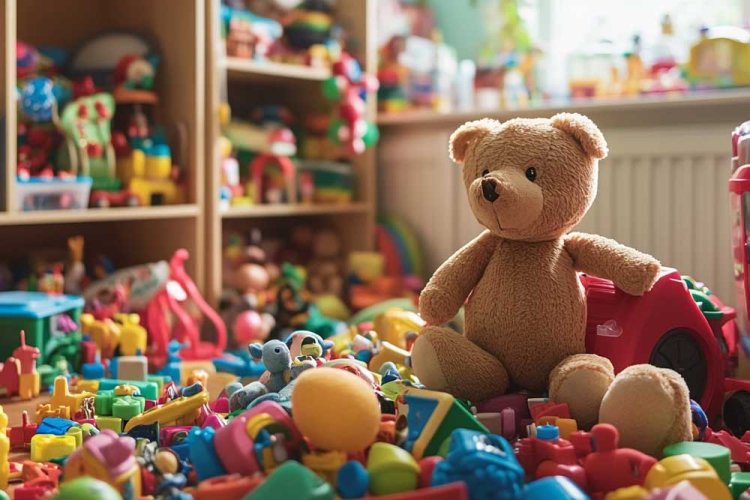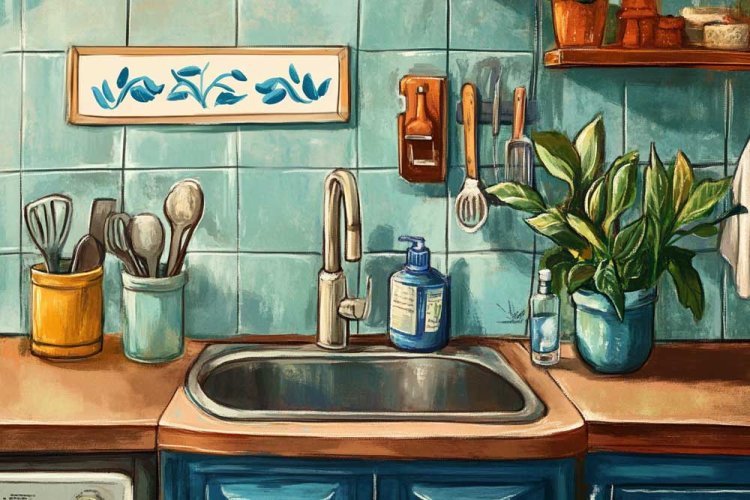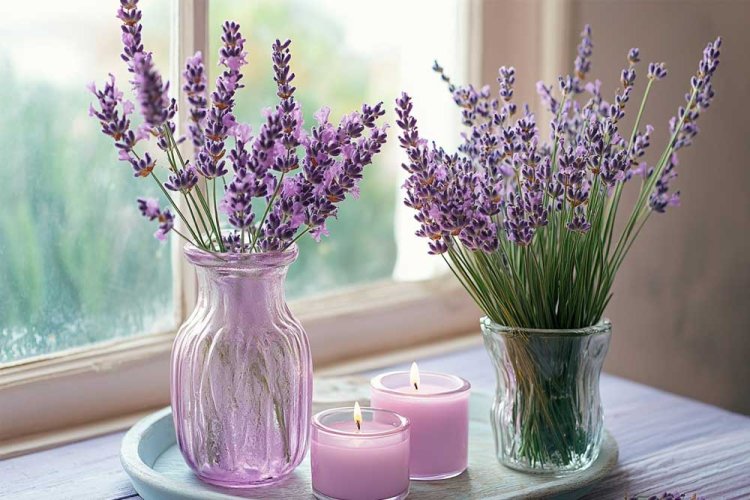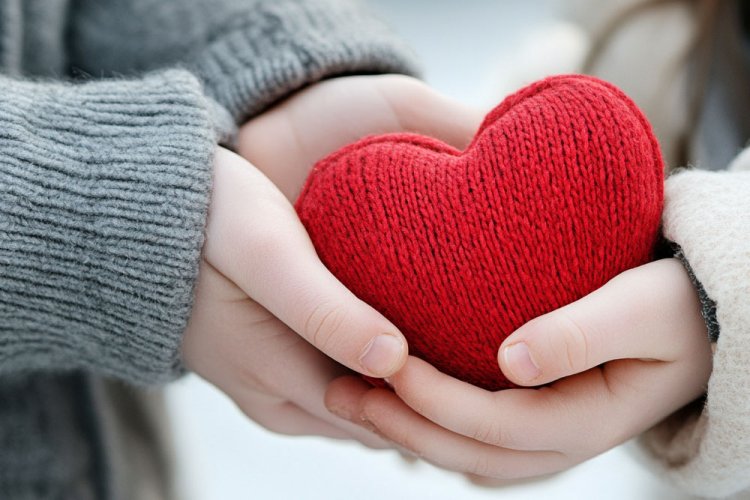Release the Bleach: A Compassionate Guide for True Clarity
Cleaning, cooking, endless preparations - all of these can spin us around and even lead to despair. The book "I'm Okay, the House is Okay" reminds us there's another way: self-compassion, realistic organization, and truly effective tips that leave us in a good mood. Ready for a different approach?

KC Davis was not born an expert in order and cleanliness. She wrote "I'm Okay, the House is Okay" from a deep personal experience: a challenging period of postpartum depression, where every action felt like a monumental task. She was surrounded by mess and a sense of shame, but instead of succumbing to guilt, she chose to listen to herself, understand what was truly difficult, and build an entirely new method. A method that starts from within.

Passover is approaching, bringing with it insane lists, scrubbing, the smell of bleach in the air, and sometimes tears. Just before you break down in front of the kitchen cupboard or stay up until 3 AM to scrub the last window, come to know a new approach to cleaning, one that doesn't make you feel guilty. KC Davis, author of "I'm Okay, the House is Okay", offers a compassionate and humanistic way to handle daily household tasks. Since we're all in the midst of Passover cleaning, we've tailored her practical method for this period.

As already mentioned, Davis wrote the book after personally experiencing a difficult period of depression, where every household task became a struggle. She was a young mother of two small children, struggling to even clear the table or take out the trash. Casey found herself ashamed to host, walking around with a constant sense of failure, and wondering why no one else seemed to struggle as much. From this place of pain, shame, and a desperate search for compassion, she formulated simple principles that could help her advance. Her practical approach is based on self-compassion, a deep understanding of the human psyche, and non-judgmental daily tips. Her message is clear: You are not a failure if your home isn't perfect, and your life isn't measured by how shiny your shutters are.

- The goal is functionality, not perfection
The house doesn't need to shine to be considered "clean." In the book, Davis emphasizes that the real question is: "Does the house serve you?" If we relate this to Passover - is the kitchen clean and fit for cooking for the Seder night? That's enough. Instead of stressing about the mess, ask yourself what you truly need to feel good. You may find what you need is not a spotless clean, but a single tidy corner where you can breathe.

- Divide tasks according to energy levels
Each of us has "high energy" days and "low energy" days. KC suggests saving heavy tasks (like cleaning the refrigerator for Passover) for better days, and keeping an "emergency list" for tough days: take out the trash, wash dishes, tidy the table. She also recommends using timers - ten minutes can suffice to move mountains, and the sense of success will carry you forward.

- Differentiate between Passover cleaning and emotional cleaning
Many of us use Passover cleaning as a means to "start over." It's not a bad thing, and sometimes even recommended, but try to notice: are you piling emotional tasks on yourself under the guise of scrubbing? An important phrase Casey repeats is: The house is not a measure of our self-worth. A pile of laundry is just a pile of laundry. Clean for your comfort and well-being in your home, not to feel "better." Try to notice when cleaning becomes an emotional control mechanism and offer yourself a moment to breathe and look inward - maybe what you really need is a good conversation or rest.

- A single corner of peace makes a big difference
Instead of insisting on a spotless house down to the last detail, try to change your perspective: not how it looks, but how it feels. Choose one place in the house to be your "safe spot" - a tidy table, a chair by the window, or a small shelf you love. Invest a little in it - a candle, a small plant, maybe a favorite book. The sense of order in this spot will radiate calm throughout the rest of the space and remind you that even in the heart of chaos, you have a place to breathe.

- Ask for help. It's not weakness - it's a strategy
KC emphasizes: People aren't meant to do everything alone. Passover is an emotionally and physically overwhelming time - involve family members, invite specific help, don’t be ashamed to lower standards. Self-compassion isn't giving up - it's healthy survival. Even children can take part. Try turning the joint effort into a game, making tidying up a group challenge, and you'll find everyone benefits.

The upcoming Passover can be a holiday of true freedom for you: freedom from comparisons, guilt, and impossible lists. The book "I'm Okay, the House is Okay" reminds us that the goal isn't to impress others but to feel good in our home. Cleaning is not a test. It's simply a tool to improve quality of life. Clean, cook, scrub - but do it in a way that respects you. Even if you don't manage to do everything, the very fact that you chose to take care of yourself along the way is the most important thing you can do for the holiday. Because you're okay. And the house? It’s okay too.
Which point did you resonate with most? Let us know in the comments.

